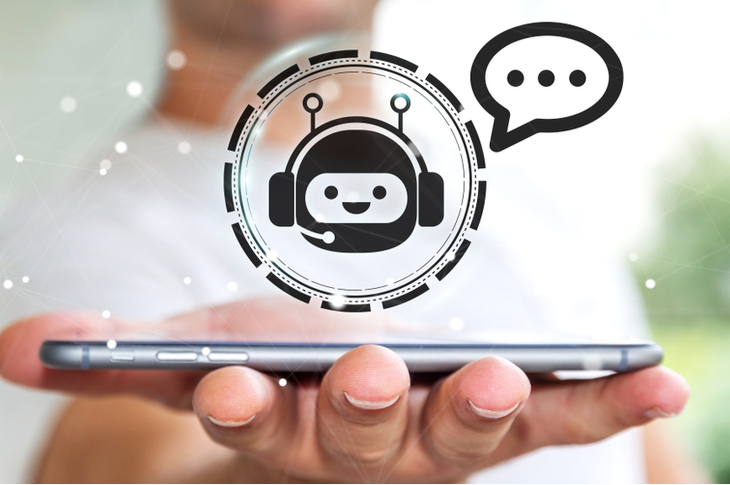Are chatbots the future of interactive marketing?

Personalisation is an essential aspect of marketing across mediums, be it social media, emails, or even search engines like Google. According to a survey conducted by Infosys, more than 30% of consumers wished for a more personalised shopping experience. When we say personalisation, it involves collecting users’ data, categorising and grouping their likes and dislikes and serving them content as per this analysed data, thereby providing them with a customised experience.
Interactive Marketing is another type of personalised marketing. Like the name suggests, interactive marketing requires users to interact with content. This not only works great to increase engagement but also helps in identifying a user’s interests.
How do Chatbots come into the picture of interactive and personalised marketing?
Firstly, if you haven’t interacted with a chatbot, let’s understand what it is. In simple terms, a chatbot is an AI software that can interact with users by asking questions and even answering their questions.
Chatbots are the future when we talk about both, personalised and interactive marketing, because of the unique experience they provide to users. Here are a few reasons that highlight why chatbots are a must-have for every business:
Speed
This means saying goodbye to being on hold for hours with customer support. While e-mail support might get users a quicker response, most of the initial responses are templatised, leaving personalisation out of the picture.
24 x 7 availability
Chatbots, unlike humans, are available to users at any time of the day around the globe. Many user queries may indeed require human intervention, but in those cases, chatbots still help streamline the process by categorising user requests.
Massive bank of answers
Thanks to the excellent machine learning capabilities and processing power, chatbots can fetch the solution for users within the blink of an eye. Furthermore, as and when there is an increase in the number of interactions a chatbot has, its knowledge bank will increase too.
Personalised Experience
Chatbots not only process a user’s response, but they also record it. So the next time a user has an interaction, chatbots may be able to provide a response based on their previous interactions, if any.
User Engagement
There are many ways to keep your users engaged, but chatbots do this efficiently by keeping things simple and easy for users. While having a conversation with a chatbot, users are provided with a list of the most common queries/answers/options to choose from. This goes on to ease the experience a user has.
Can chatbots replace human resources?
While chatbots may not be efficient enough to replace human intelligence yet, they are the future of interactive marketing. Chatbots ensure your business is always running while acting as a backup and lessening the load on your employees. Training your chatbot to ensure exciting interaction may seem easy but is, in fact, a challenging task. Running simulations and test-runs may help. Not to forget the advancements that may come in the future years to artificial intelligence and machine learning. Taking all of this into consideration, a chatbot is definitely something every business should be experimenting with.
Related Links
1. How chatbots can power lead generation for B2B players
